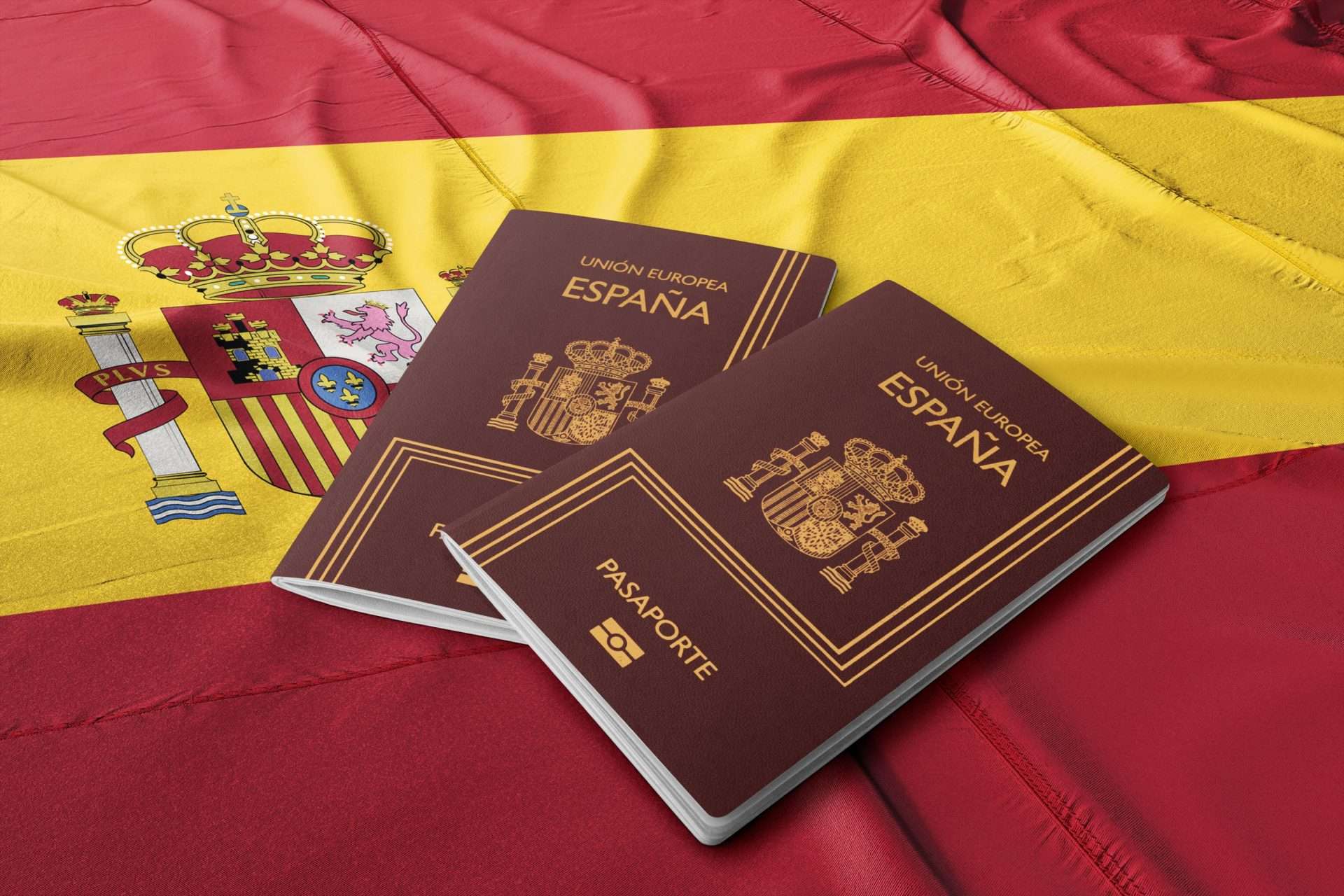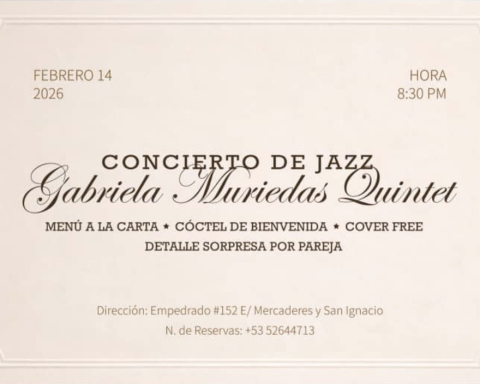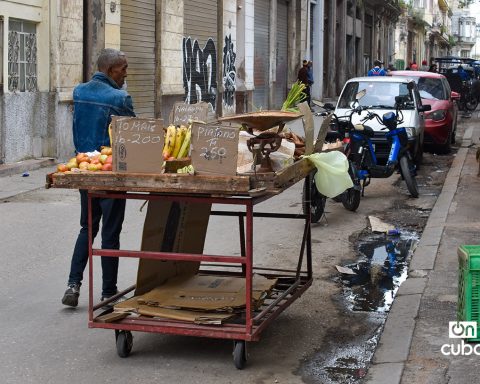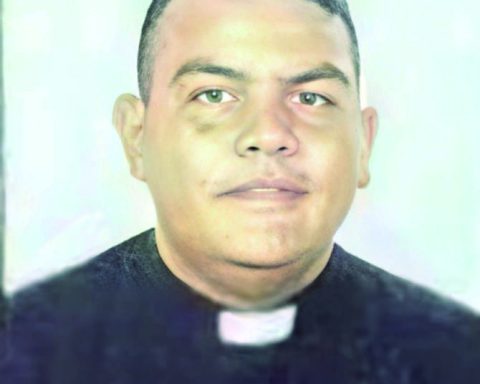The Democratic Memory Law, whose Eighth General Provision opens the doors to Spanish nationality to thousands of descendants in the world, including Cubans, entered into force this Thursday with its publication in the Official State Gazette (BOE).
The new norm sanctioned by the King of Spain, Felipe VI, had been approved in the plenary session of the Congress of Deputies on July 14, as a preliminary step to be sent to the Senate. In that instance she became endorsed this October 5 in a tight count of 128 votes in favor, 113 against and 18 abstentions.
The initiative promoted by the progressive government coalition, formed by the Spanish Socialist Workers’ Party (PSOE) and United We Can, introduces substantial improvements with respect to the Historical Memory Law approved in 2007 under the presidency of the socialist José Luis Rodríguez Zapatero, which, among other things, it allowed access to Spanish nationality to many descendants of Spaniards around the world, including thousands of Cubans.
The #DemocraticMemoryLaw is already in the BOE.
A norm that places the victims at the center of political action and will equate us with the most advanced democracies.
Truth, justice, reparation and guarantee of non-repetition.#MemoryIsDemocracy
?? https://t.co/LpfaZyF4Bl pic.twitter.com/cmOh7IqogU
– Ministry of the Presidency (@M_Presidencia) October 20, 2022
The main objective of the new regulations is, as in the previous one, the reparation of the victims of the Civil War of 1936 and the subsequent dictatorship of General Francisco Franco. Among its main novelties is the transfer to the state of the responsibility for the search and exhumation of the remains of those who died in the conflict and in the years that intervened until the arrival of the Transition government, in 1978.
In the spirit of reparation to the victims, the Eighth General Provision establishes the possibility that their descendants obtain Spanish nationality if they comply with the assumptions established in its letter.
In this way, they would enjoy this right to “those born outside of Spain of a father or mother, grandfather or grandmother, who had originally been Spanish, and who, as a consequence of having suffered exile for political, ideological or belief reasons, had lost or renounced Spanish nationality”.
It also opens this possibility to the “sons and daughters born abroad of Spanish women who lost their nationality by marrying foreigners before the entry into force of the 1978 Constitution”, and to the “sons and daughters of legal age of those Spaniards whose nationality of origin was recognized by virtue of the right of option in accordance with the provisions of this Law or in the Seventh Additional Provision of Law 52/2007, of December 26”.
The proposal sets applicants a period of two years from its publication in the BOE to formalize their applications. At the end of this period, the Council of Ministers may agree to extend it for one year.
Now all the applicants are waiting for the Spanish Ministry of Justice to publish the regulations that will be applied to comply with this provision, and the decision to begin processing the application files in the consulates and embassies of the Iberian nation. in the world.
Last Tuesday in a meeting of senior managers of the Spanish Ministry of Justice with associations and organizations of emigrants and descendants Several issues related to the future application of the Democratic Memory Law were addressed, especially the section on the application for nationality.
In this sense, the government representatives clarified that those who meet the assumption of being children and grandchildren of exiles for any reason during and who lost their Spanish status during the Franco regime, as well as those children of women who lost their nationality Spanish for marrying a foreigner before the entry into force of the 1978 Constitution, they will obtain nationality by origin.
On the other hand, the older children of those who access nationality by the new law and those of those who did so by the Historical Memory of 2007, will be granted nationality by option.
It also transpired that all the opinions and recommendations provided by the diaspora will be studied for a possible definition of the expected regulation.
















